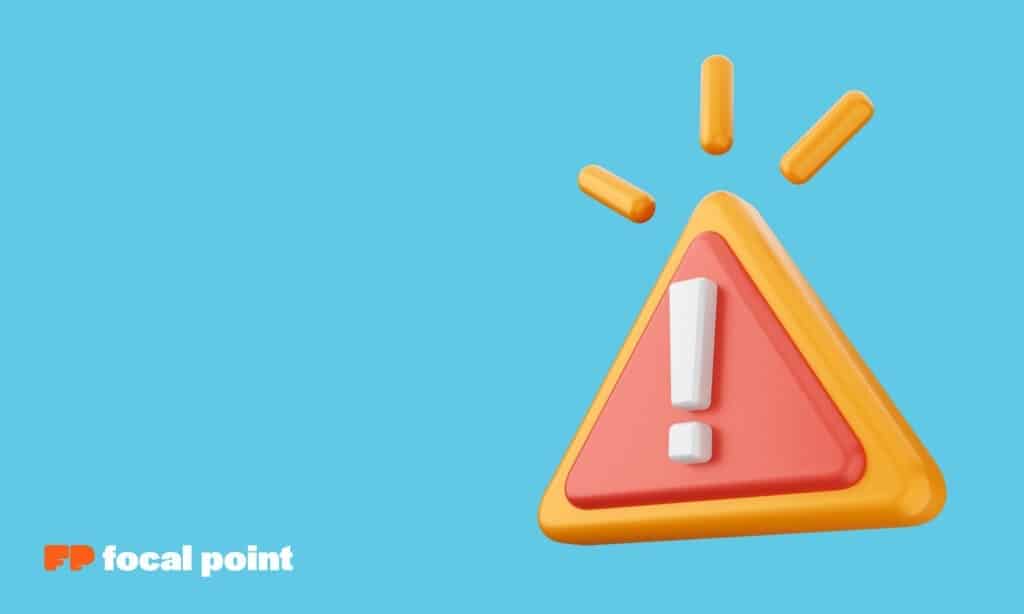As consumers, a product recall alert can stir panic–especially when it’s for something that can affect the health and safety of us or our loved ones. Prescription drugs. Cars. Baby food. Children’s toys. Recalls like this can force people to scramble for answers about the immediate risks that these products pose when used or consumed.
Evidence indicates the product recall problem is getting worse. According to Sedgwick brand protection’s latest product recall index report, product recalls in Q1 2023 across the U.S. automotive, consumer product, food and beverage, medical device, and pharmaceutical industries increased 14.2% from the previous quarter. The 863 product recalls in Q1 2023 marked the highest single-quarter total in four years, the report showed.
While product recalls can disquiet the general population, there is also immediate alarm and action required for manufacturers, wholesalers and retailers during this kind of crisis. The role of a CEO during a recall is clear. Transparent communication and executive decisions that prioritize consumer safety win the day. Johnson & Johnson chairman James Burke was an exemplar of this during the 1982 Tylenol scare.
What is the CPOs role during a recall?
Another critical, yet behind the scenes role during a recall is that of the Chief Procurement Officer. Afterall, the procurement department is the central hub for all products moving through a company and the larger supply chain. While CPOs aren’t in charge of quality assurance during the manufacturing, packaging and shipping of products, they can play a strategic role if and when a product recall happens.
Here are 3 things CPOs and procurement leaders should plan for to assist their company address and resolve recalls efficiently and transparently.
-
- Be vocal with fellow senior managers and C-suite leaders about the need for a comprehensive recall management plan, where procurement and logistics play a clear and decisive role. Procurement is the first line of defense for product intake and needs to work with logistics teams to ensure all orders of defective products are halted, recalled products are pulled from stock and returned—all without completely disrupting other business operations. Procurement must also work with logistics teams to identify what defective products have already gone out by batch or even serial numbers, so they can alert consumers and others in the supply chain.
-
- Ensure that vendor contracts are kept up to date and that suppliers are living up to the quality standards outlined in the initial contract. Often what happens in a new vendor/supplier relationship is companies put a lot of stress on quality control and expectations. This is usually part of any contract. However, over time, product intake becomes run-of-the-mill and guards are lowered on QA. CPOs need to also push for transparency related to what subcontractors and suppliers their vendors are sourcing from as part of the overall quality management. Understanding where products (or parts) come from is important when things need to be tracked and traced or go to labs for testing.
-
- Leverage technology solutions that provide unified procurement data across the enterprise. During a recall crisis, response speed is critical. The faster CPOs can move on product and inventory management, the better positioned the company will be to control the situation and communicate to stakeholders. Having multiple people across procurement, logistics, accounts payable/receivable, legal/compliance, etc. all having to go through emails and spreadsheets to understand what products and people are impacted by a recall eats up valuable time. Not only must data be unified, it must also be connected to all other internal communication platforms and displayed in a way that’s digestible and actionable.
Product recalls will always be a cause for concern for procurement professionals, as they play a central role in helping to mitigate the negative repercussions. Procurement as a function has evolved dramatically from being just about saving money to being responsible in many cases or saving the company—and recalls are one such instance. At an even higher level, procurement today is mandated with also “saving the world.” Helping to manage product recalls may in fact deliver on this depending on the scale and scope of the recall.
To hear more about this and the role of CPOs during a recall, check out Focal Point’s podcast episode and interesting conversation with Bob Bowman from Supply Chain Brain.



